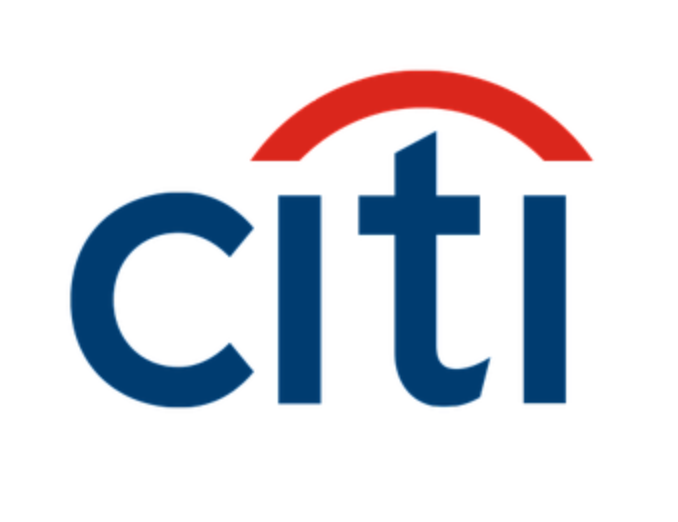Citigroup Restricted Services to Gun Sellers—Now Makes Dramatic U-Turn After Pressure from Trump
After years of limiting services to gun retailers, Citigroup quietly reverses its policy under Republican pressure, signalling a shift in corporate activism on gun control

Citigroup, one of America's largest banking institutions, has reversed its 2018 policy that restricted services to firearms retailers.
The move comes amid sustained political pressure from right-wing lawmakers and US President Donald Trump, who has made corporate 'anti-gun bias' a campaign flashpoint ahead of the 2024 election.
Trump and Republican States Ramped Up Pressure on Banks
In recent months, Trump and conservative figures have accused major banks of discriminating politically, implementing measures to ensure fair access. In January 2025, Trump publicly challenged banks at the World Economic Forum, accusing them of 'de‑banking' conservative customers. Republican‑run states, including Texas and Florida, have enacted legislation penalising banks that discriminate against the firearms industry.
Citi officials stated that the policy shift was aligned with the bank's broader 'non‑discrimination' stance on political affiliation, racial, and religious grounds, and it updated its employee code of conduct and client access policies accordingly.
Citigroup's Original Gun Policy Followed the Parkland School Shooting
In 2018, Citigroup took a firm stance following the Parkland school shooting in Florida, which left 17 students and staff dead. The bank had presented its policy as a moral and commercial imperative.
These guidelines prohibited business customers from selling guns to individuals under 21 or those who had not passed background checks, even in US states where such checks were not legally required.
It was a way for Citigroup to address the rising tide of US gun violence without waiting for federal reform.
Backlash Against Corporate Gun Reform Grows in the US
However, since then, right-wing backlash has grown more organised and forceful.
Several US states passed laws penalising financial institutions that 'boycott' the firearms industry, using public pension funds and procurement contracts as leverage.
Republican politicians have since targeted major lenders, including JPMorgan Chase, Bank of America, and Citigroup, accusing them of 'unfairly targeting' gun-related businesses.
Citigroup now insists the bank 'remains committed to responsible business practices' but offered no further comment on the reasons behind its policy shift.
Jackie Corin, Executive Director of March for Our Lives and a survivor of the 2018 Parkland school shooting, condemned Citigroup's decision in strong terms. 'Citi just chose appeasing Donald Trump over protecting the lives of kids,' she said. 'Seven years ago, after 17 of my peers and teachers were murdered, Citi found the courage to say 'no more'—no more financing gun sales to teenagers. Today, they're saying our lives matter less than their politics.'
Is This the End of Corporate Gun Control Efforts?
Citigroup's reversal highlights the limits of corporate activism amid rising political polarisation. In the absence of federal gun reform, many US companies, including banks and retailers, had voluntarily imposed restrictions on firearm-related business following high-profile shootings.
However, recent conservative-led state initiatives have challenged these moves. States such as Texas and Wyoming implemented laws as early as 2021 penalising financial institutions if they 'boycott' the firearms industry. A West Virginia bill is currently being discussed to blacklist banks that refuse services to gun sellers.
With these trends in play, the effect is clear: Political pressure from Republican lawmakers is now influencing corporate policies, sometimes more heavily than investor, consumer, or public sentiment. The shift has prompted analysts to warn that other major banks, such as Bank of America and JPMorgan Chase, may follow Citi's example.
© Copyright IBTimes 2025. All rights reserved.




















